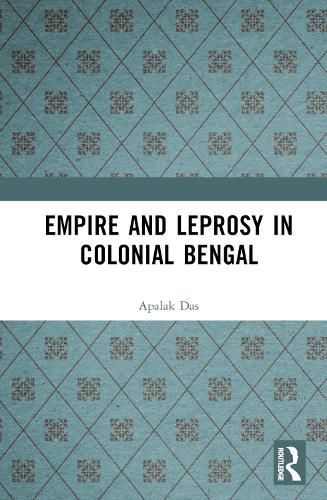Readings Newsletter
Become a Readings Member to make your shopping experience even easier.
Sign in or sign up for free!
You’re not far away from qualifying for FREE standard shipping within Australia
You’ve qualified for FREE standard shipping within Australia
The cart is loading…






Leprosy, widely mentioned in different religious texts and ancient scriptures, is the oldest scourge of humankind. Cases of leprosy continue to be found across the world as the most crucial health problem, especially in India and Brazil. There are a few maladies that eventually turn into social disquiets, and leprosy is undoubtedly one of them. This book traces the dynamics of the interface between colonial policy on leprosy and religion, science and society in Bengal from the mid-nineteenth to the first half of the twentieth centuries. It explores how the idea of 'degeneration' and the 'desolates' shaped the colonial legality of segregating 'lepers' in Indian society. The author also delves into the treatments of leprosy that were often transfigured from 'original' English texts, written by American or British medical professionals, into Bengali.
Rich in archival resources, this book is an essential read for scholars and researchers of history, Indian history, public health, social history, medical humanities, medical history and colonial history.
$9.00 standard shipping within Australia
FREE standard shipping within Australia for orders over $100.00
Express & International shipping calculated at checkout
Leprosy, widely mentioned in different religious texts and ancient scriptures, is the oldest scourge of humankind. Cases of leprosy continue to be found across the world as the most crucial health problem, especially in India and Brazil. There are a few maladies that eventually turn into social disquiets, and leprosy is undoubtedly one of them. This book traces the dynamics of the interface between colonial policy on leprosy and religion, science and society in Bengal from the mid-nineteenth to the first half of the twentieth centuries. It explores how the idea of 'degeneration' and the 'desolates' shaped the colonial legality of segregating 'lepers' in Indian society. The author also delves into the treatments of leprosy that were often transfigured from 'original' English texts, written by American or British medical professionals, into Bengali.
Rich in archival resources, this book is an essential read for scholars and researchers of history, Indian history, public health, social history, medical humanities, medical history and colonial history.